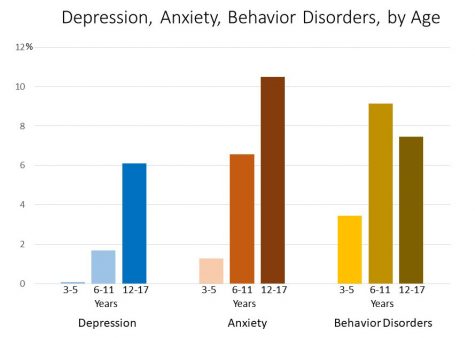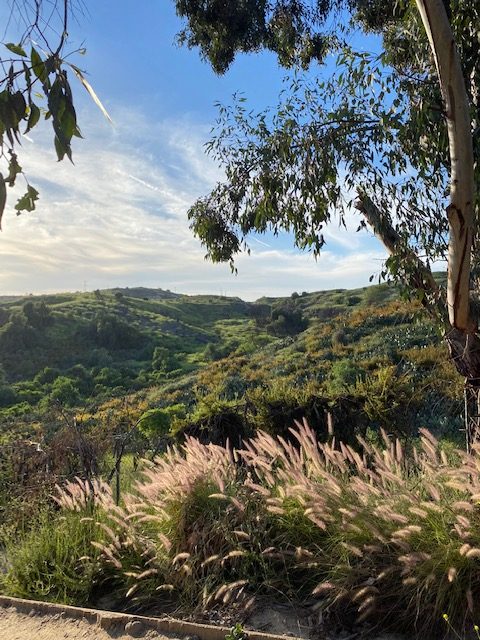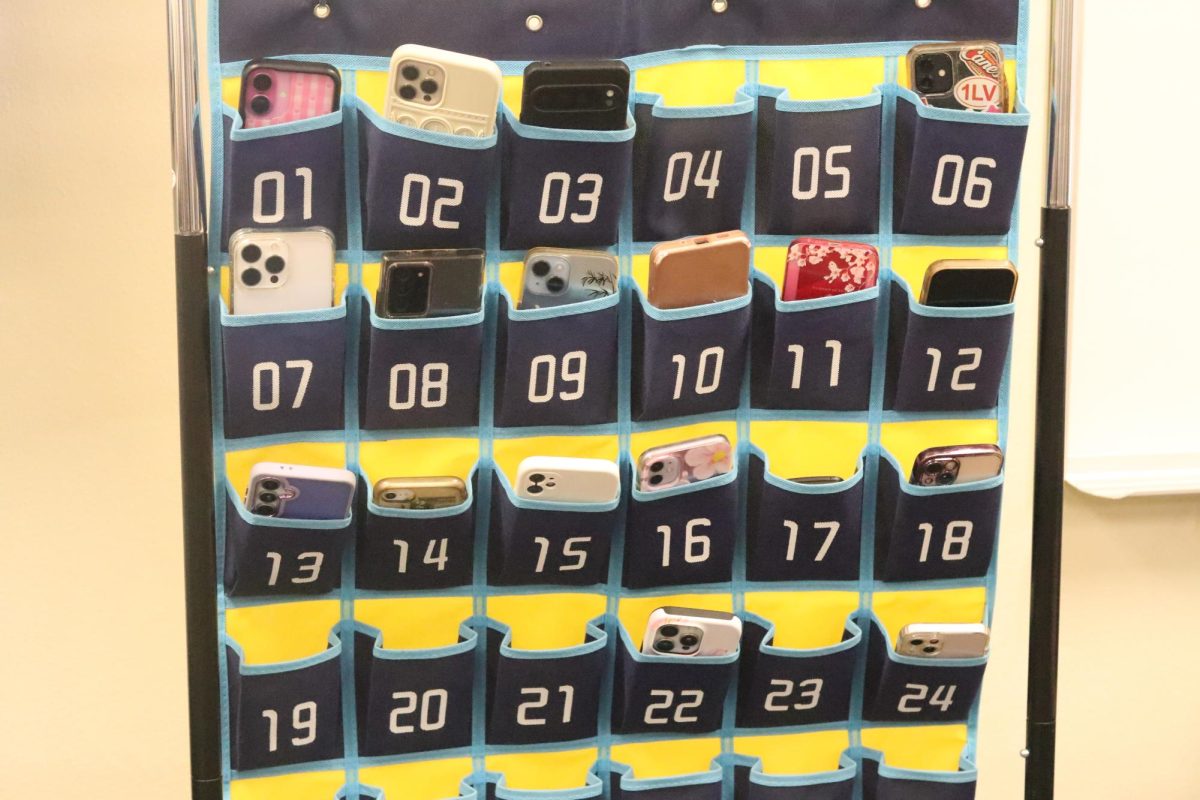Concerns about teen mental health have increased since stay-at-home orders were announced in March. As daily routines fade into sweatpants and Netflix, more and more teenagers slip into depression and anxiety.
FUHS counselor Erin Defries says that by keeping a schedule and continuing to get dressed in the morning, students can stay mentally healthy.
“Make yourself get out of bed. Make yourself get dressed. Even though it’s really hard,” Defries said. “That provides some normalcy because it’s what you used to do every day: get up and do your hair and makeup.”
However, it isn’t just the recent pandemic that has caused a rise in mental health issues for teenagers.

Defries said that because of the rise in mental illness in teens, FUHS plans to have certified therapists on campus for the 2020-21 school year.
“We’ll have two organizations—Western Youth Services and the Gary Center,” Defries said. “Counselors or teachers can refer students and they’ll get eight sessions on campus.”
Defries said that after eight on-campus sessions, the counselor-therapist team will decide if the student needs to continue therapy outside of school.
“If they continue services, they will do it through their organization outside of school,” Defries said. “Or if they feel the student doesn’t need [therapy] anymore, they finish their services.”
Students suffering from depression, anxiety, or other mental health issues are encouraged to reach out. “All the counselors are still available,” Defries said. “We can email, we can do Google Chat, and if it’s beyond us we can still refer to therapists even now.”
Before FUHS transitioned to distance learning, the Tribe Tribune staff interviewed a senior who struggled with depression and anxiety.
The student said that having a therapist on campus would be beneficial to students with mental illnesses.
“I can’t count the number of times I’ve had a panic attack in the middle of class and didn’t know what to do because I was just frozen there,” the student said. “I know talking to someone would have really helped me.”
The student said that social media played a large role in her mental illness.
“I was cyberbullied for a good period of time,” the student said. “And I noticed that when I got a like on Instagram, I got a hit of dopamine, and I wanted to post more and more. I didn’t think it was healthy.”
Social media and cyberbullying has been a major catalyst for deteriorating teen mental health in the past few years.
According to a June 2019 article by Psychology Today, social media invites comparisons that leave you with low self esteem. The article says that a break from social media helps teens “feel less lonely and less depressed.”
Ironically, however, social media may be saving students from depression during quarantine. Lack of face-to-face conversations with friends can lead to mental health issues.
Defries said that staying in touch with friends over social media may be the only way to prevent the depression that comes from not seeing your friends.
“I definitely think [social media] has taken a different personality right now because that aspect of face-to-face communication is gone,” Defries said.
Staying quarantined in your house can lead to depression as well.
The CDC recommends going outside to exercise in order to keep your body and mind healthy during the pandemic.
“In many areas, people can visit parks, trails, and open spaces as a way to relieve stress, get some fresh air and vitamin D, stay active, and safely connect with others,” the CDC website states.
Fullerton has over 12 miles of trails that are still open to hikers, runners, and bikers. Craig Park and Clark Park are closed to vehicles, but walking is still encouraged. Orange County beaches are open for exercise.
Teens are especially encouraged to get some fresh air, but they should also keep a 6-foot buffer between other walkers and bicyclists. Students should wear a face mask if there are other people on the trails to prevent the spread of COVID-19.







